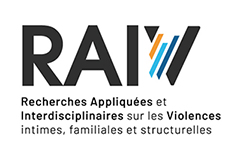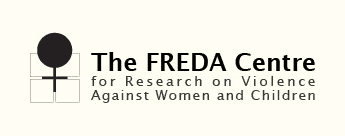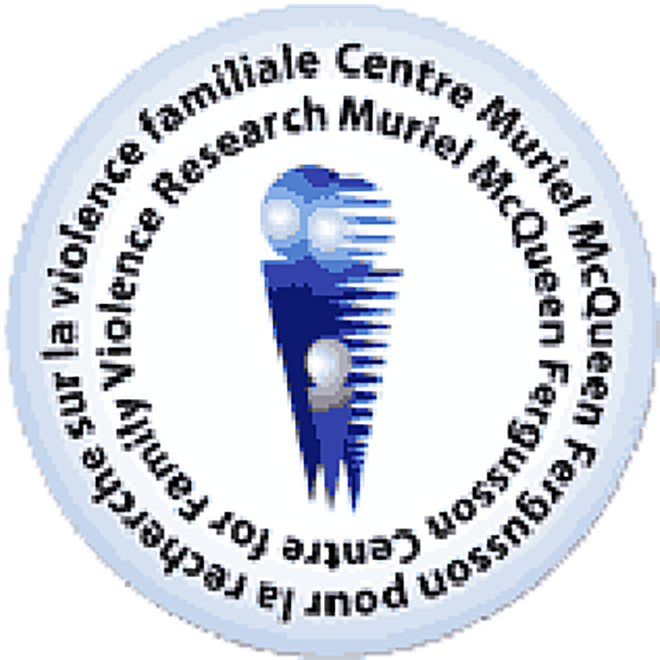About Us
From Awareness to Action
About This Project
This project aims to provide an on-line guide and learning opportunities that will build the capacity of all practitioners in the field of family law to respond to family violence. Our overarching objective of this project is to promote the use of tools to identify family violence in family law systems, and to develop the capacity of family law professionals to address the impact of abuse in family-specific parenting plans.
The goals of the project are to:
- Promote standardized screening tools to enhance the substantive and procedural decision- and recommendation-making by multidisciplinary family law professionals involved in family violence-related child custody matters (including judges, lawyers, and assessors).
- Provide learning opportunities to build the capacity of all practitioners in the field of family law to respond effectively to family violence.
- To create a standardized guide for parenting plans where there has been family violence.
- Support sustained knowledge mobilization and collaboration in the field through Communities of Practice.
Supporting the Health of Survivors of Family Violence in Family Law Proceedings
Past Project
This project was funded by the Public Health Agency of Canada and was designed to address the unique need of survivors of family violence within the family justice system. The overarching goal of the project was to enhance support to survivors of violence through the family law system by increasing opportunities for family law practitioners to have training, guidance and resources to support trauma-informed practice, and to improve coordination of services that will enhance the safety and wellbeing of all parties.
Major goals achieved through this past project (November 2020 - November 2023)
- Fostered communication, collaboration and built relationships among experts from the family violence and family law sectors. We reached over 140,000 professional/service providers and had 60 CoP partner organizations.
- Developed and disseminated evidence-based guidance and resources to address issues crossing these areas of concern including Briefs, Webinars and Bulletins. These products were produced with the with the consultation and feedback of Community of Practice members. Materials were authored by all five Alliance of Canadian Research Centres on Gender-Based Violence.
- Provided learning opportunities to build capacity of practitioners in the field of violence prevention and family law. Activities associated with this objective were to host regional and national meetings of Communities of Practice across the country to discuss issues relevant to supporting survivors of family violence in the family law system. Over the project, project partners hosted 60 regional CoP meetings and six national CoP meetings.
- Promoted research and evaluation initiatives to examine effective strategies for helping victims, perpetrators and their children receive the interventions they needed from family court proceedings;
- Support ed sustained knowledge mobilization in the field .
- The project has produced:
- 30 Webinars: The Family Violence Family Law (FVFL) webinars discuss a wide range of issues related to family violence and issues pertaining to survivors of family violence and led by community partners and experts.
- 28 Briefs: The Family Violence Family Law (FVFL) Briefs are summaries of key issues related to family violence and family law.
- 20 Legal Bulletins: The Family Violence Family Law (FVFL) Legal Bulletins summarize recent court decisions related to family law proceedings.
- The project has produced:
Co-investigators
Dr. Sarah Yercich (she/her) is a critical criminologist, sociologist, and gender-based violence researcher, educator, and advocate. She holds a Ph.D. in Criminology from Simon Fraser University (2021) and M.Sc. in Applied Criminology (2009) from Northern Arizona University. Sarah is the Associate Director of the FREDA Centre for Research on Violence Against Women and Children housed at Simon Fraser University, which is a non-profit community engaged research centre with a focus on addressing gender-based violence through law, policy, and practice. She is an Adjunct Professor in the School of Criminology at Simon Fraser University in Burnaby, British Columbia and full-time Instructor in the Sociology and Criminology Department at Capilano University in North Vancouver, British Columbia. At Capilano University, Sarah has a cross appointment in the Women’s and Gender Studies Department where she is the Department Chair and an Instructor. Sarah is also the editor of the Western Criminologist. Sarah's approach to research, teaching, and advocacy centres on critical, intersectional, socio-legal, and feminist legal explorations of violence, victimization, crime/criminology, criminalization, law, public and social policy, and society more generally, as well as the scholarship of teaching and learning (SoTL) and prison education.
Karla O’Regan 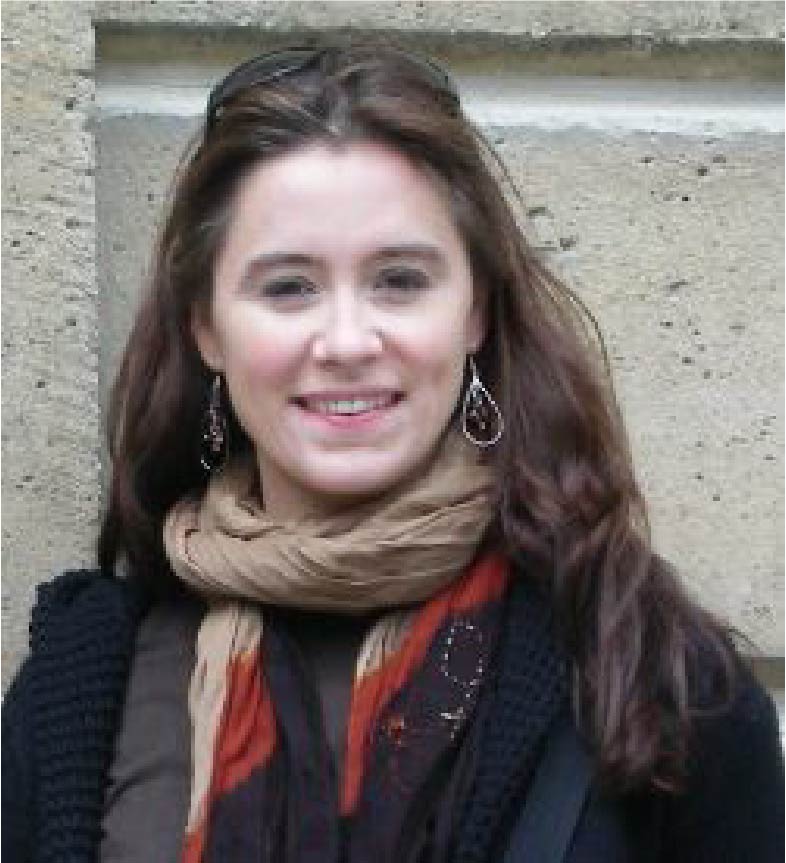
Dr. O’Regan is an Associate Professor of Criminology at St.Thomas University and a part-time lecturer in the Faculty of Law at UNB. A graduate of St. Thomas University, Karla has law degrees from the University of Toronto, Dalhousie University, and the London School of Economics. She is a member of the Law Society of Upper Canada and has worked for the Federal Department of Justice, Ontario’s Office of the Children’s Lawyer, and the private legal sector. Karla served as a Complaint Officer under St. Thomas University’s Harassment & Discrimination Policy for five years and chaired the University’s Research Ethics Board from 2014-2018. She acts as a project supervisor for Pro Bono Students Canada and is a (faculty-elected) member of St. Thomas University’s Board of Governors. Dr. O’Regan also serves on the NBCC Research Ethics Board and has acted on a number of community and regional Boards of Directors, including the Fredericton SPCA, Dialogue NB, and the Maritime Provinces Higher Education Commission. She is currently working with the Fredericton Sexual Assault Centre and the Fredericton Police Force on a case audit of unfounded sexual assault files. Her book, Law & Consent: Contesting the Common Sense (Routledge) published in Spring 2019.
 Dominique Bernier
Dominique Bernier
Dr. Dominique Bernier has been a member of the Quebec Bar since 2008 and received her doctorate form the University of Ottawa in 2017. She is interested in alternatives and different paths in the Quebec justice system. Her doctoral studies focused on control practices and judicial system interventions for drug and alcohol users. She is currently a professor in the Department of Legal Sciences at the University of Quebec in Montreal. Her research focuses on self-representation and access to justice, the recognition of domestic violence in family and criminal law, and the legal and non-legal issues of reporting violence against women.
 Kendra Nixon
Kendra Nixon
Dr. Kendra Nixon is an associate professor in the Faculty of Social Work at the University of Manitoba. Dr. Nixon’s overarching research agenda focuses on gender-based violence, and has included research on intimate partner violence, children’s exposure to violence, mothering within the context of violence, domestic homicide, suicide and violence, and sexual exploitation. Dr. Nixon’s research has primarily focused on policies aimed at reducing violence, as well as institutional responses to intimate partner violence, including the child welfare and criminal justice systems. Dr. Nixon is also the Director of RESOLVE, a tri-prairie research network on family and gender-based violence. Dr. Nixon’s teaching interests include social welfare policy, policy analysis, and qualitative research.
 Margaret Jackson
Margaret Jackson
Dr. Margaret Jackson is Professor Emerita in the School of Criminology and Director of the FREDA Centre at Simon Fraser University. She was principal investigator for a Federal Ministry of Justice study on child abuse. Other research areas of interest include criminal justice policy analysis, problem-solving courts, and most recently, bullying and cyberbullying. Margaret primarily focuses upon research issues related to domestic violence and its impacts on women and children.
 Peter Jaffe
Peter Jaffe
Dr. Peter Jaffe is a psychologist, Professor, and the Academic Director of the Centre for Research and Education on Violence Against Women & Children in the Faculty of Education at Western University. He has co-authored eleven books, 40 chapters and over 80 articles related to domestic violence, the impact of domestic violence on children, homicide prevention and the role of the criminal and family justice systems. For the past 30 years, he has presented workshops across the United States and Canada, as well as Australia, New Zealand, Costa Rica and Europe to various groups including judges, lawyers, health, mental health professionals and educators. Since 1999, he has been on faculty for the National Council of Juvenile & Family Court Judges in the US for judicial education programs entitled “Enhancing Judicial Skills in Domestic Violence Cases”. He was a founding member of Ontario's Chief Coroner’s Domestic Violence Death Review Committee. He has also been instrumental in developing violence prevention programs for schools. Together with David Wolfe, Claire Crooks and Ray Hughes, he helped in the development of “The Fourth R: Skills for Youth Relationships”, a school-based curriculum targeting multiple forms of violence, including bullying, dating violence and peer violence. The curriculum is being used in over 5,000 schools in Canada and the US.
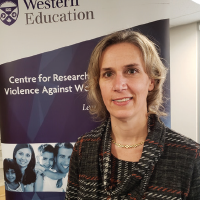 Katreena Scott
Katreena Scott
Dr. Katreena Scott is a Psychologist, Professor and incoming Director of the Centre for Research and Education on Violence Against Women and Children at Western University. She held the Canada Research Chair in Family Violence Prevention and Intervention between 2008 and 2018 . Dr. Scott leads an applied research program aimed at ending violence in family relationships, with specific expertise on addressing violence perpetration in men. The Caring Dads program that she developed is offered in in many sites across North American and Europe. She is a contributor to international networks including the DV@Work Network and the Safer Families Centre of Excellence.
 Lisa Heslop
Lisa Heslop
Dr. Lisa joined the team at the Centre for Research and Education on Violence Against Women and Children (CREVAWC) following a long career managing a clinical crisis intervention team with the London Police Service. Lisa leads or co-leads initiatives at CREVAWC related to family violence and family law. Her primary research focuses on assessing risk of intimate partner violence (IPV) recidivism - specifically women’s use of force against an intimate partner as an act of resistance.
To learn more about the projects at each centre, click below
All our resources are open-access and can be shared (e.g., linked, downloaded and sent) or cited with credit. If you would like to adapt and/or edit, translate, or embed/upload our content on your website/training materials (e.g., Webinar video), please email us at fvfl-vfdf@uwo.ca so that we can work together to do so.




